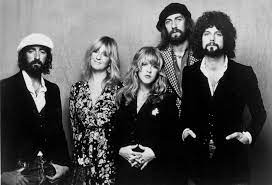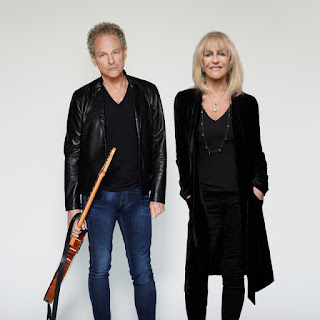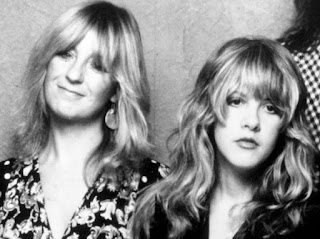Choice between Scotland’s independent sovereignty and the politics of DEPENDENCY
Language really matters. I agree with the Wee Ginger Dog we must stop calling those who “advocate dependency” - unionists, which implies a positive working together, when this is not happening at all. Scotland is ignored, Scotland’s resources have been plundered, and her voice suppressed. Its crucial we stop using the false term “unionist” and instead call those who want to hold Scotland back – “dependency supporters.” This UK is very much not a partnership – the term unionist is fake and misleading. A union refers to a partnership (or marriage) one in which each partner has an equal say - of compromise, collaboration, negotiations.
Culture and language drive and are ahead of our politics. This is about Scotland’s voice.
The policy makers in London are using derogatory language against those who believe in Scots sovereignty. – they use terms such as ‘separatist’ and ‘nationalists’ to imply Scots are driven by ideological greed, ignorance, selfishness, divisiveness. While they know full well most Scots want to work in an indy nation in the EU trading block and be international, left of centre and outward looking.
For centuries Scotland has been a seafaring international and trading nation with our great seaports (now mostly closed apart from apart from Aberdeen). Scotland does not need to trade via the bottleneck of Dover - we can trade direct to Europe as Ireland does.
Succession actor Brian Cox suggests the British isles can be a “Federation of sovereign states, one in which we can all b citizens and participate, and have an equal say and pull together for the common good of all.” At the moment this is not happening here UK, because this is not a partnership. Its about 3 smaller nations being dependent on all rules, policies and decisions set in London, for the benefit of the south of England, in a highly centralized monarchy/ parliamentary sovereignty/ power structure, where the Crown is used to assert power, for the benefit of the empire state not the people. And operates its dirty money London Laundromat. Much more centralized than a century ago.
(Please note – Labour and Conservatives are English political parties. After Scotland’s indy Scotland needs its own political parties, which would naturally evolve here, to cover differing views. Scotland’s indy is about more local and accountable government.)
Some refer to England as the “parent state” and they believe they own Scotland. By contrast most Scots believe that back 300 years ago in 1707, Scotland, as one of the oldest nations in Europe, with its rich diverse history, and deep lasting connections to scholarly learning in Paris from the time of Reformation - as explorers, as mercenaries, and innovators. - that Scotland entered into a voluntary partnership with England for trading reasons. At that time Scotland had 1million people, England had 4 million. Historians tell us Scotland was never a colony – yet if surveys asked the English or Scots if they believed Scotland is a colony, they will surely say yes – as we do not have self government but are ruled from the capital of another nation.
There’s been a general ignorance of Scots history and Scots culture is not celebrated by Dependence supporters. That’s if Scots know any of their history, after decades of being only taught English history in our schools. Scotland was not conquered in 1690, even though Cromwell tried and got as far as Dunnottar castle. In fact Charles II was crowned firstly at Scone on our Stone of Destiny. Culloden was the last pitched battle here UK – there were Scots on both sides, as well as French and Irish. These were religious battles. Crucially at Charles III ascension he pledged the freedom of Scotland’s church.
The big question is, how efficiently does Devolution work – with civil servants in London making decisions? What does devolution mean, when Scotland is allowed to run only some of its affairs?
It’s a confused, messy picture. Do dependency advocates think that devolution works well, because most Scots are totally confused - what is reserved, what’s run here? Does Scotland run its own energy policy (no, the UK runs energy but has had no energy policy), does Scotland run its economy and tax (no). After leaving the EU, the London government now interferes in many devolved matters. So its even more confusing. Tories appear intent on wrecking devolution settlements.
Back before WW1 Scotland ran more of its own affairs. This isn’t about Edinburgh becoming another centralising London either but about greater local control. This isn’t about personalities – its about the wider yes and civic movement. A good plan is for a Citizens Assembly to grow our ideas for the way ahead, organically from the ground up. That’s the only way to grow support for our independence. It appears from studies that many Scots are very confused over what devolution means, what independence means in todays world of interconnections over trade (as in the EU). I believe it would be very helpful for all sides, ideas and views, to clarify what both these arrangements really will mean.
It all depends on whether you see the UK as a free democracy or an empire state more concerned with the global empire – than the people who live here. The UK requires radical reforming on all levels and to put people first! This is a struggle between Westminster sovereignty and the sovereignty of the Scottish people. Since union 1707 Scotland has always been run separately with a Secretary of State. Of course the uK likes confusion and has no constitution. We need clearer and simpler details of what devolution and independence means for us. Most voters are confused and I am sure the UK encourages confusion just as there no clear constitution.






.jpg)



.jpg)





.jpg)








